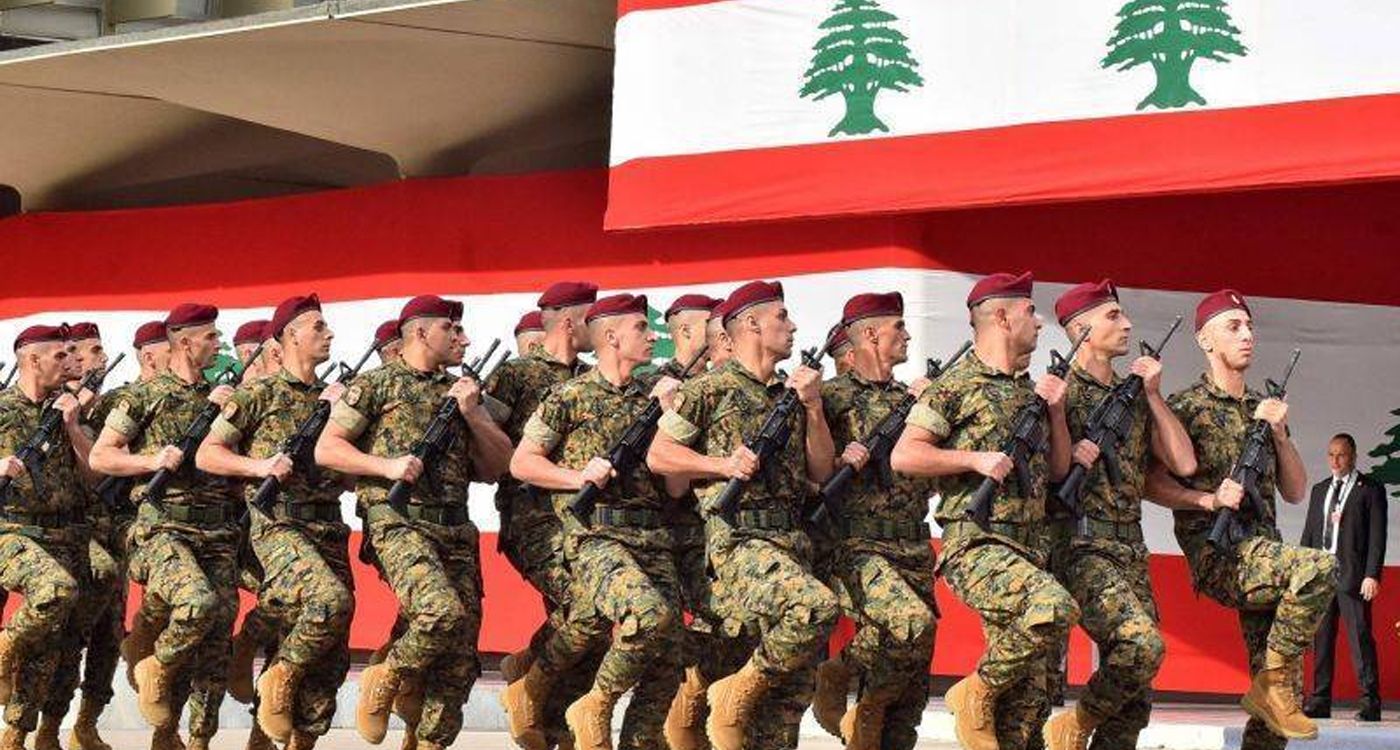
The Lebanese army, which is extensively deployed in southern Lebanon, is standing firm against the Israeli army, which has increasingly targeted its positions since October 1.
By deploying 4,000 soldiers across 900 km², covering the entire South Litani sector from Naqoura in the west to Shebaa Farms in the east, “the Lebanese army has taken on the mission of maintaining its presence in southern Lebanon and defending its current positions,” says retired General Khalil Gemayel, former head of the South Litani sector in the Lebanese army.
Grounded in its military doctrine in support of national goals, “the army is following the directives of the Lebanese government, which include, notably, the repositioning of troops and maintaining a legitimate military presence in southern Lebanon.” These directives come in the wake of the limited Israeli ground offensive on Lebanese territory. Since then, several soldiers have been killed or injured in Israeli airstrikes. According to figures provided by General Gemayel, 21 members of the LAF have died, including 5 who were killed in direct attacks on their posts or positions in Adaisseh, Wazzani, Taybeh, Bint Jbeil and Kafra in southern Lebanon. Furthermore, 67 others have been wounded from either direct strikes on their positions or indirectly in strikes on their homes and villages.
What Is the Nature of the Army's Repositioning?
With the recent escalation of tensions between Hezbollah and Israel, the Lebanese army has taken a cautious stance. Although it is not actively engaged in the conflict, it plays a direct role in overseeing internal security.
On September 30, the Lebanese army was ordered to reposition its troops in the southern part of the country. This maneuver should not be mistaken for a withdrawal, as suggested by several reports at the time. What does it entail? General Gemayel explains that the Lebanese army has always deployed many of its soldiers along the Blue Line, at various observation posts or checkpoints. The goal is to monitor border movements and maintain peace. These soldiers are temporarily deployed according to specific schedules at these observation points. Once their duty is completed, they return to their home base, which is their main post.
By “repositioning” its troops, the Lebanese army, following orders from national authorities, has ceased sending soldiers to certain observation points to ensure their safety. Instead, they have been “consolidated to regroup as a combat unit, prepared to remain in their designated areas of responsibility and to defend themselves and their positions in the event of an Israeli attack,” explains the former head of the Litani sector.
This initiative is part of a strategy to protect and maintain military presence and to prevent any internal destabilization. It is conducted in coordination with the United Nations Interim Force in Lebanon (UNIFIL), which has maintained its positions while minimizing unnecessary movements following Israeli strikes that have also targeted several peacekeepers.
Potential Scenarios
According to General Gemayel, the LAF have recently briefed the Lebanese authorities on all potential scenarios that may arise if the conflict were to escalate in southern Lebanon. If the situation changes, it will be up to the government to issue directives. Two primary scenarios can be contemplated: An Israeli ground offensive extending beyond the Blue Line, or, ideally, the complete implementation of United Nations Security Council Resolution 1701, which was adopted in 2006 following the 33-day war between Hezbollah and Israel.
In the case of a large-scale Israeli offensive, the directive is to “defend and maintain military positions, in coordination with UNIFIL,” reveals General Gemayel. It is worth noting that since October 1, Israeli forces have been conducting “reconnaissance operations by force rather than by fire,” notes the former head of the Litani sector. This means that the Israeli army is sending in infantry to assess the terrain and monitor enemy positions.
If a decision is made to implement Resolution 1701, it is crucial to emphasize that the conditions for applying it are already there. In other words, and contrary to claims made in some circles, the army will not need to deploy, as it is already stationed in southern Lebanon and ready to enforce all provisions of the resolution in collaboration with some 11,000 peacekeepers already on the ground. General Gemayel notes that the army, which will need to bolster its presence, has requested the recruitment of an additional 6,000 soldiers to facilitate the implementation of Resolution 1701. As part of this initiative, a total of 15,000 soldiers are expected to be deployed in the region alongside UNIFIL. This will be done in phases, and on August 14, the government granted approval for the recruitment of an initial group of volunteers, totaling 1,500 soldiers. Training and equipment provided by donor countries typically takes between 4 and 6 months to be completed, according to General Gemayel. The estimated cost is $4,000 per soldier, in addition to salaries ranging from $300 to $400 per soldier. Once the first phase is completed, recruitment requests for subsequent groups will be progressively launched.



Comments